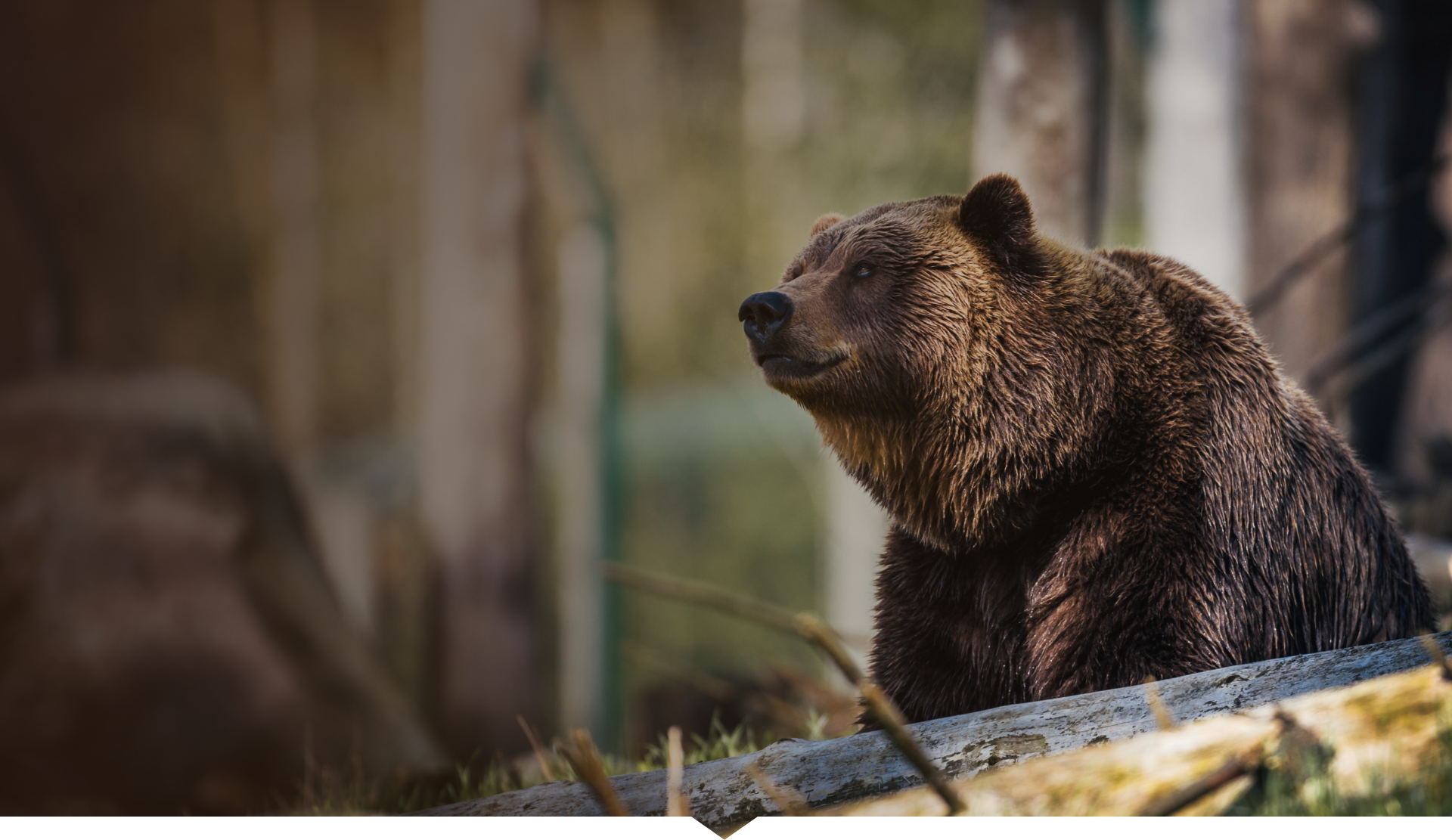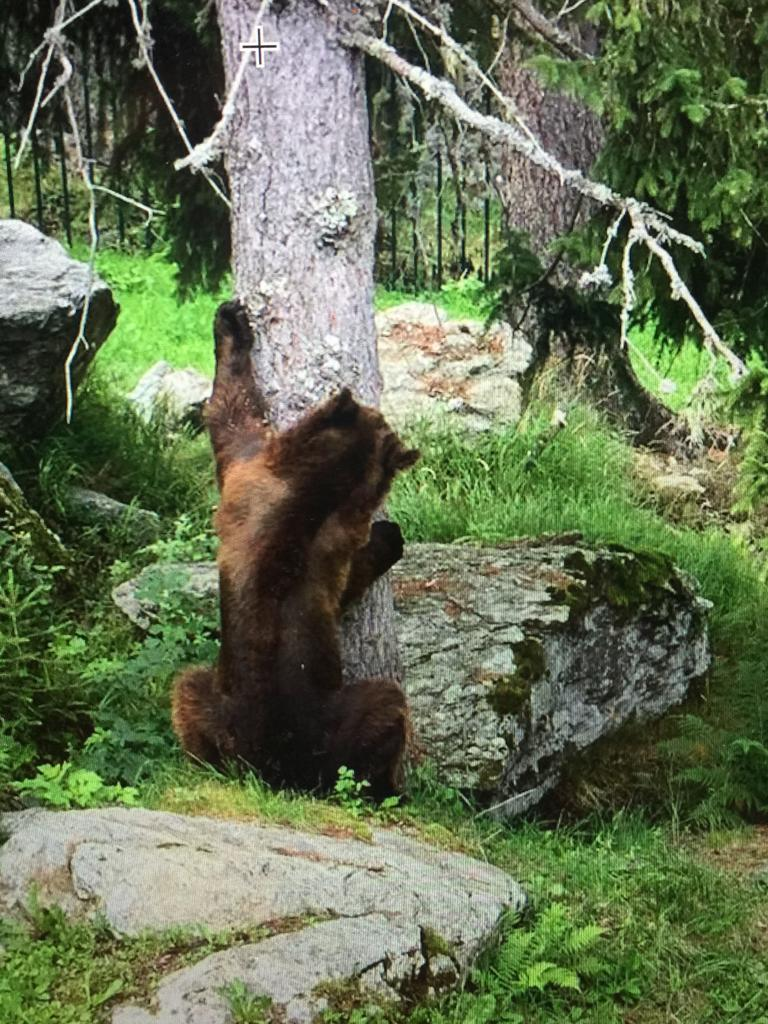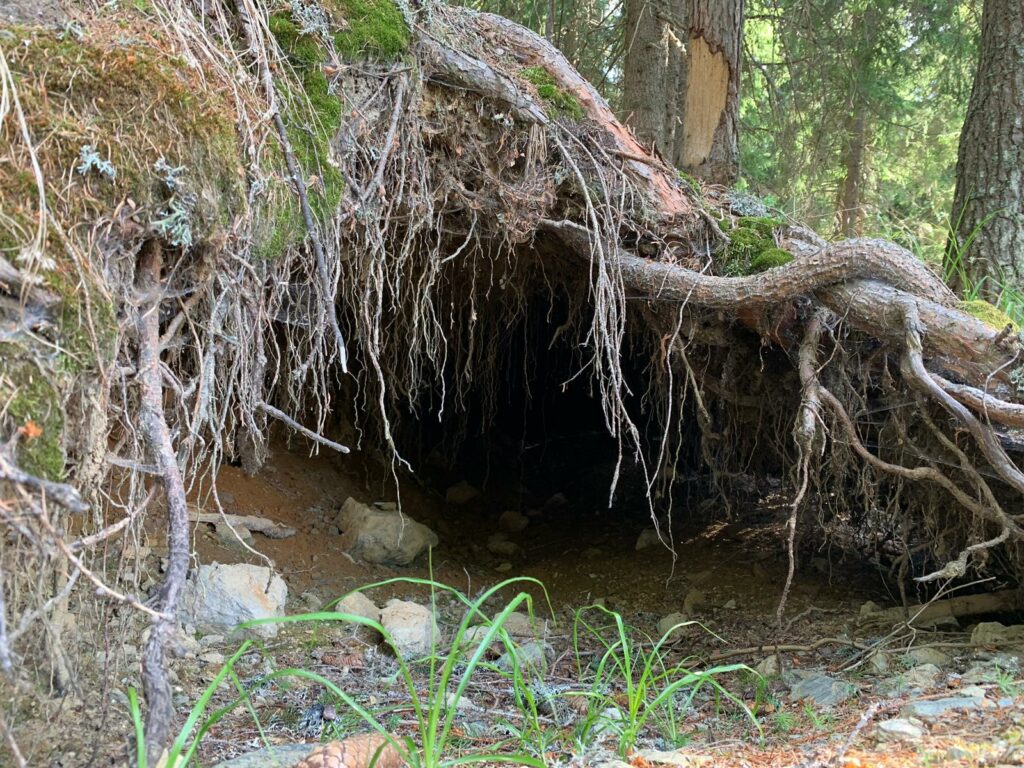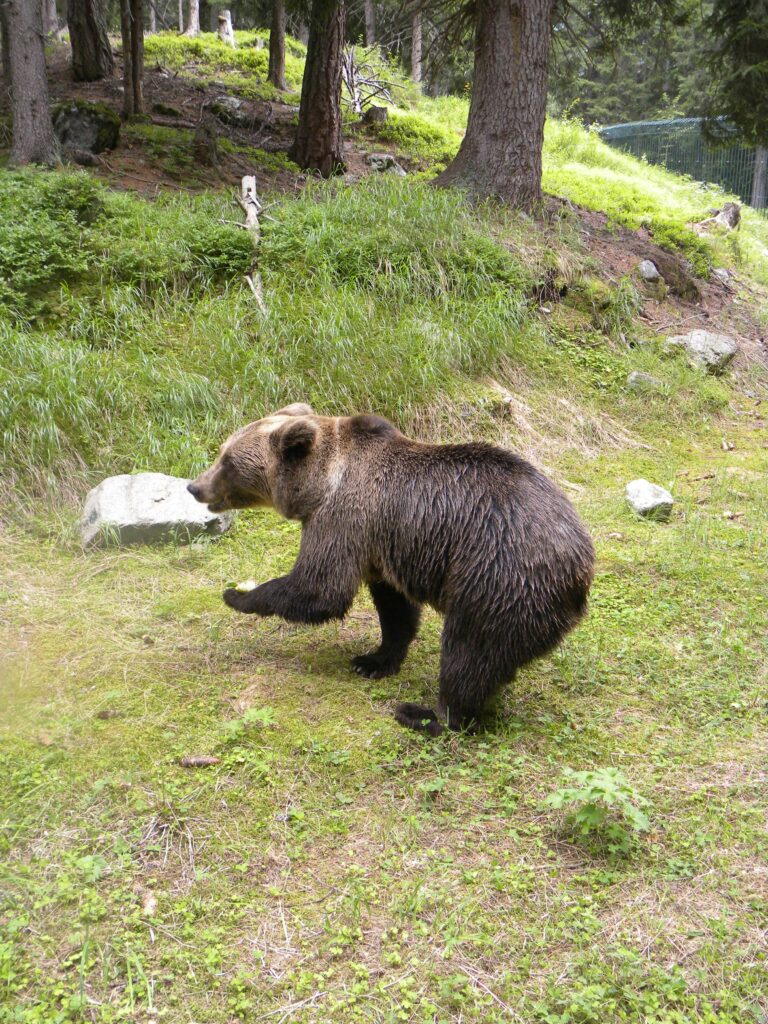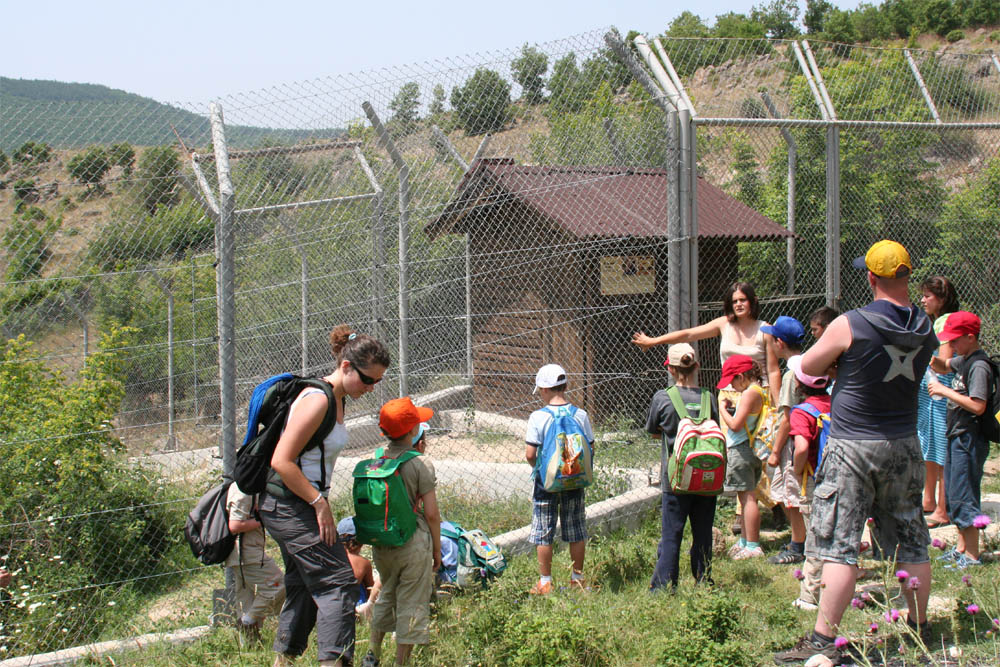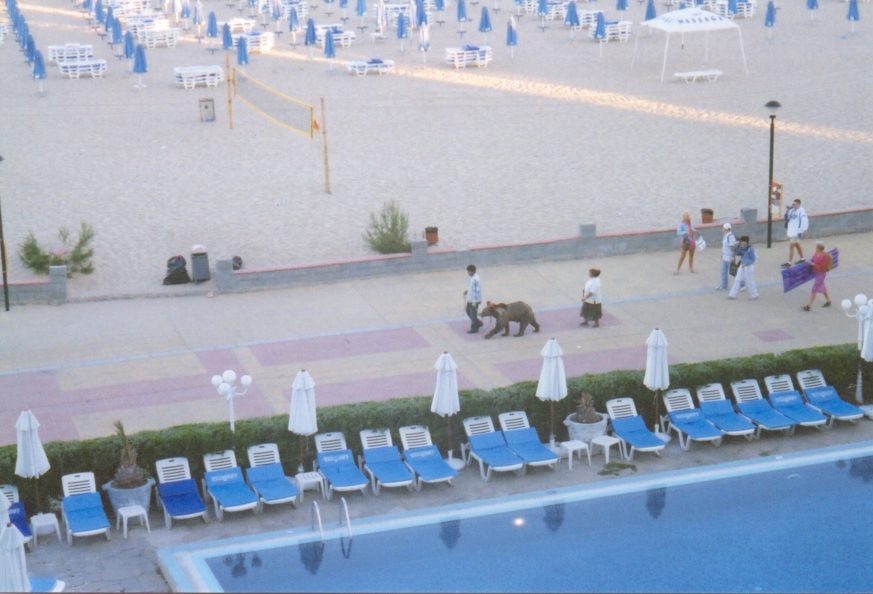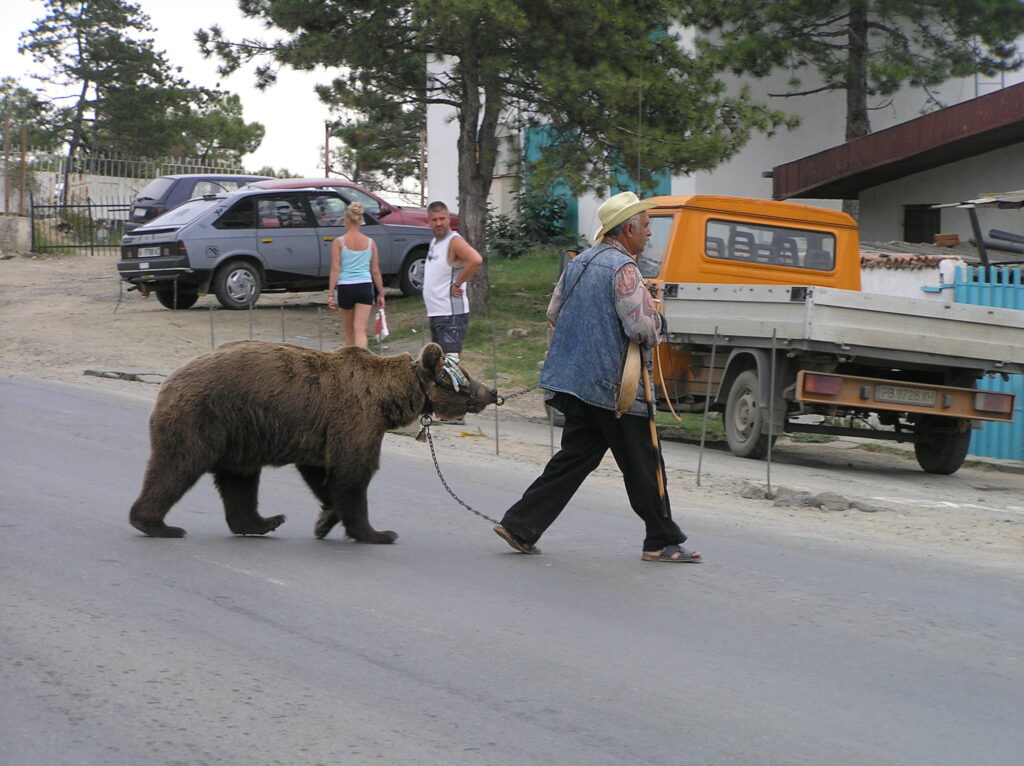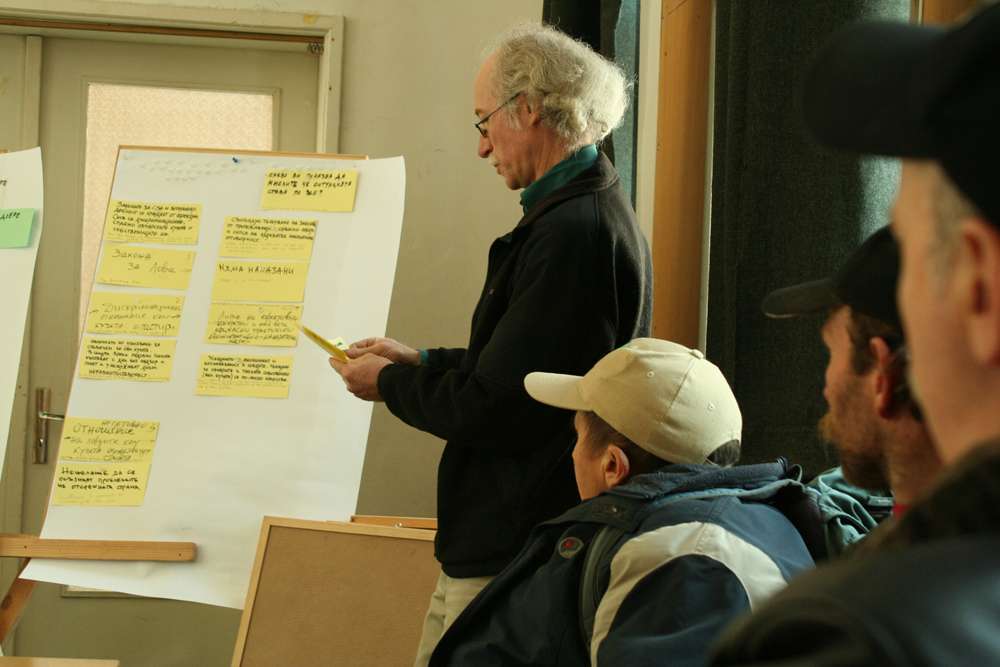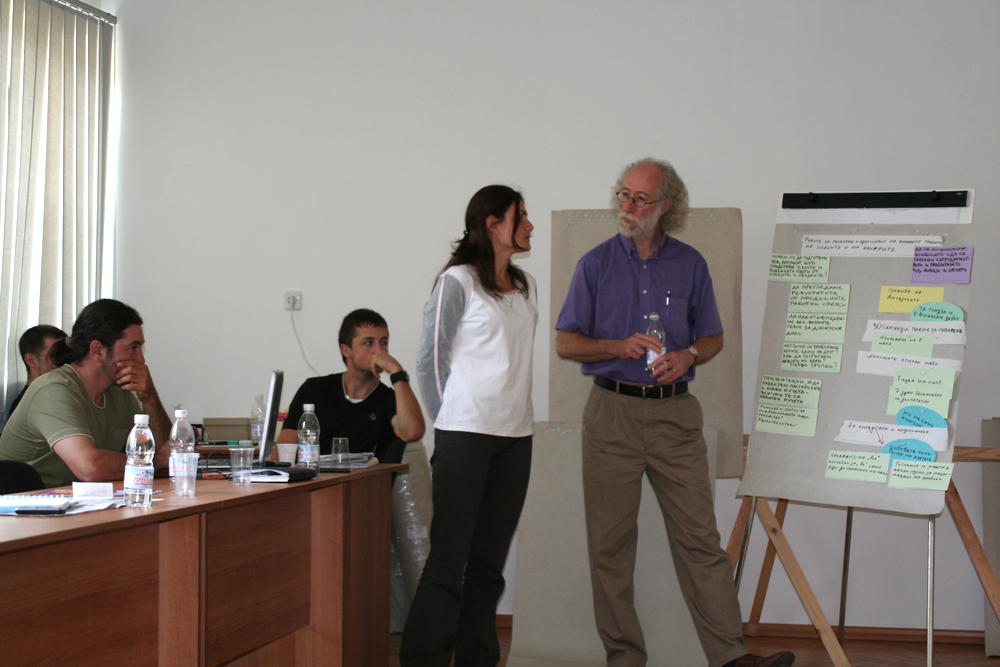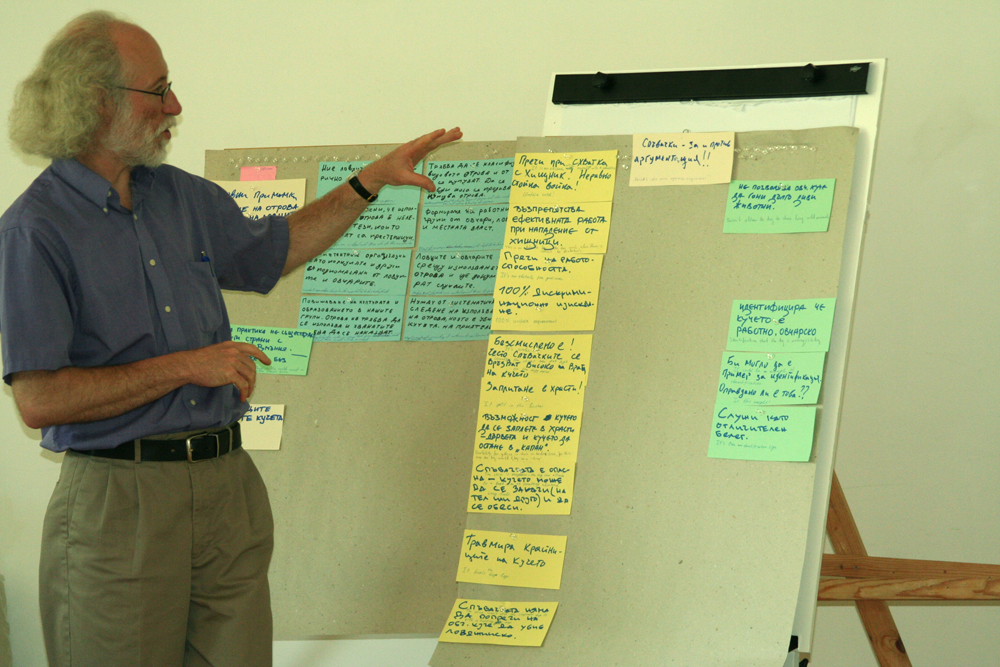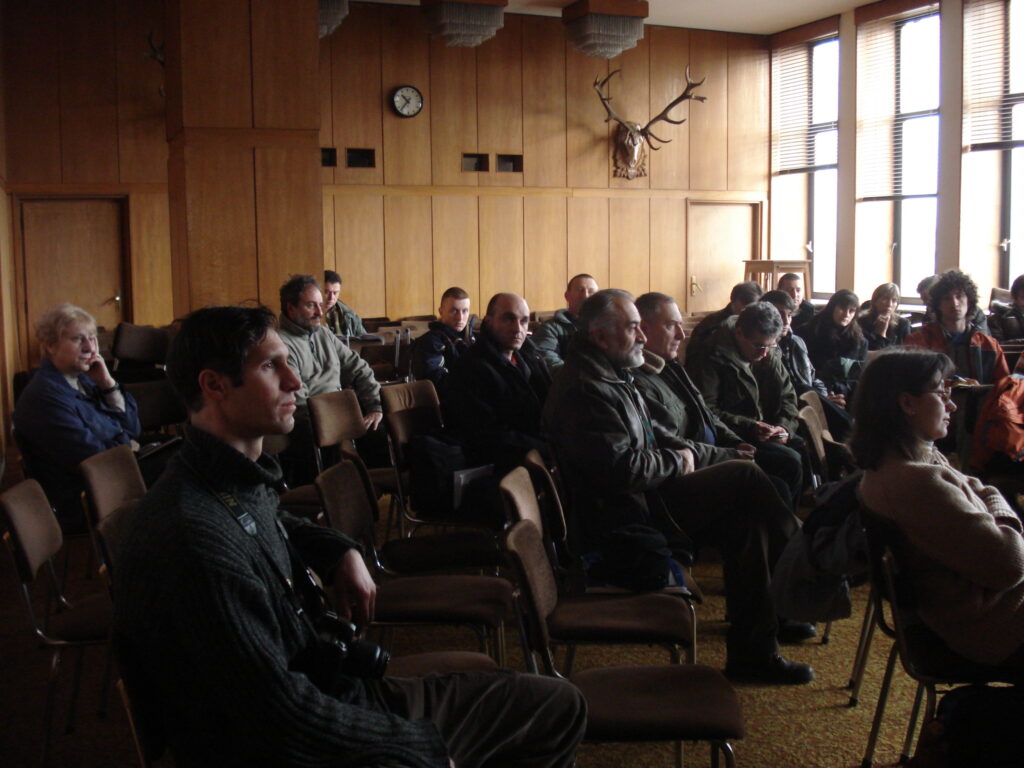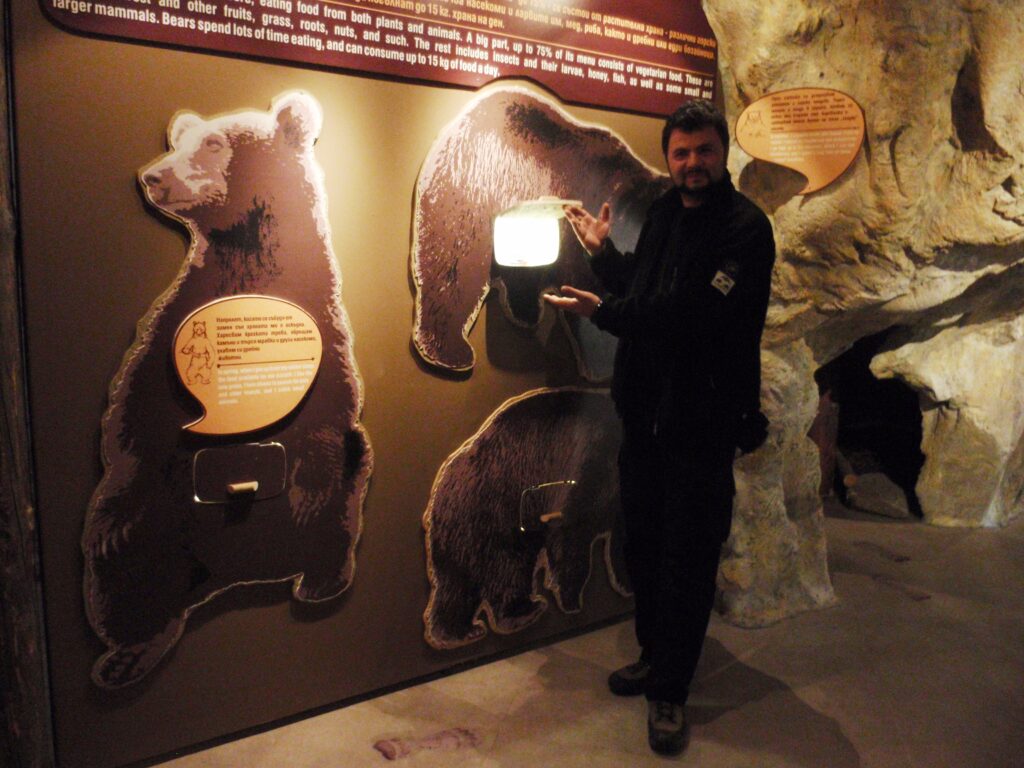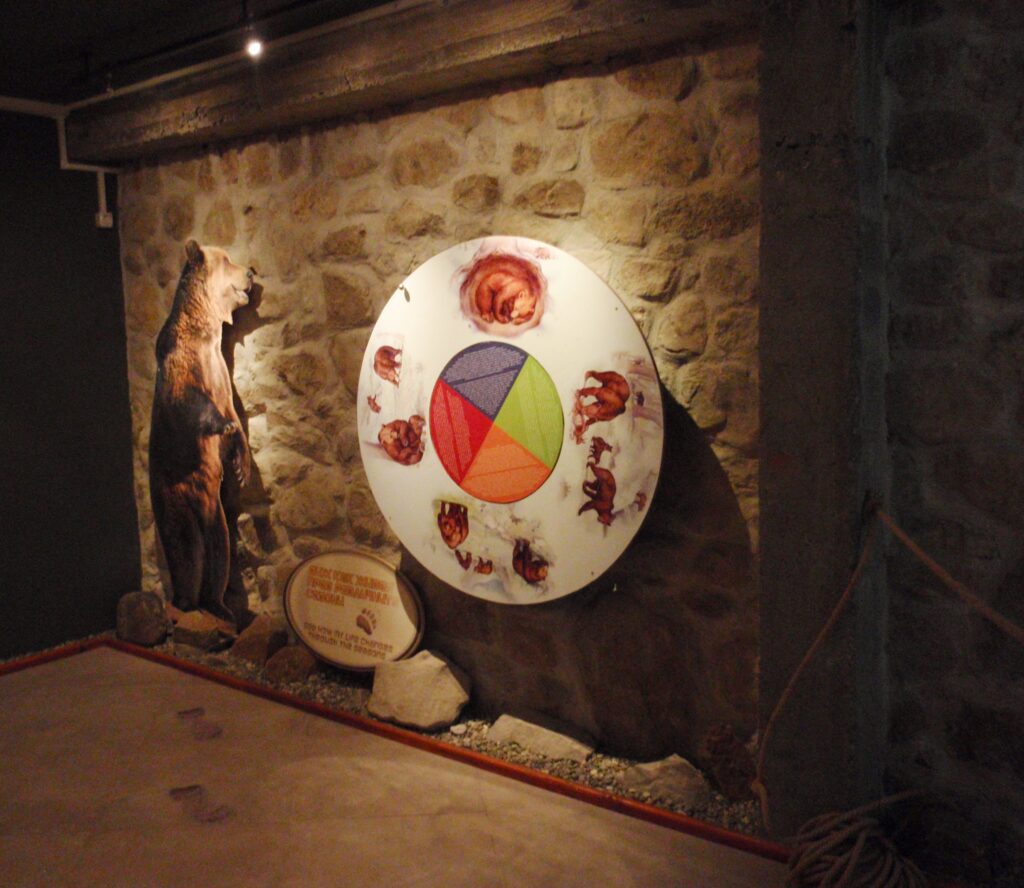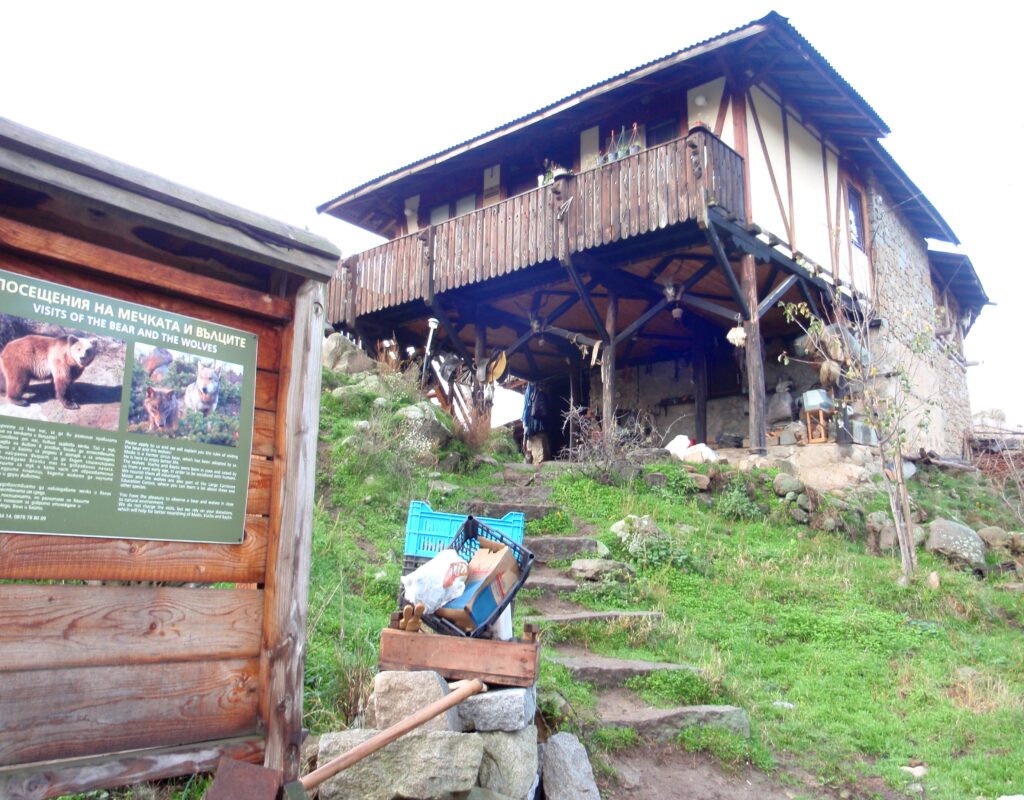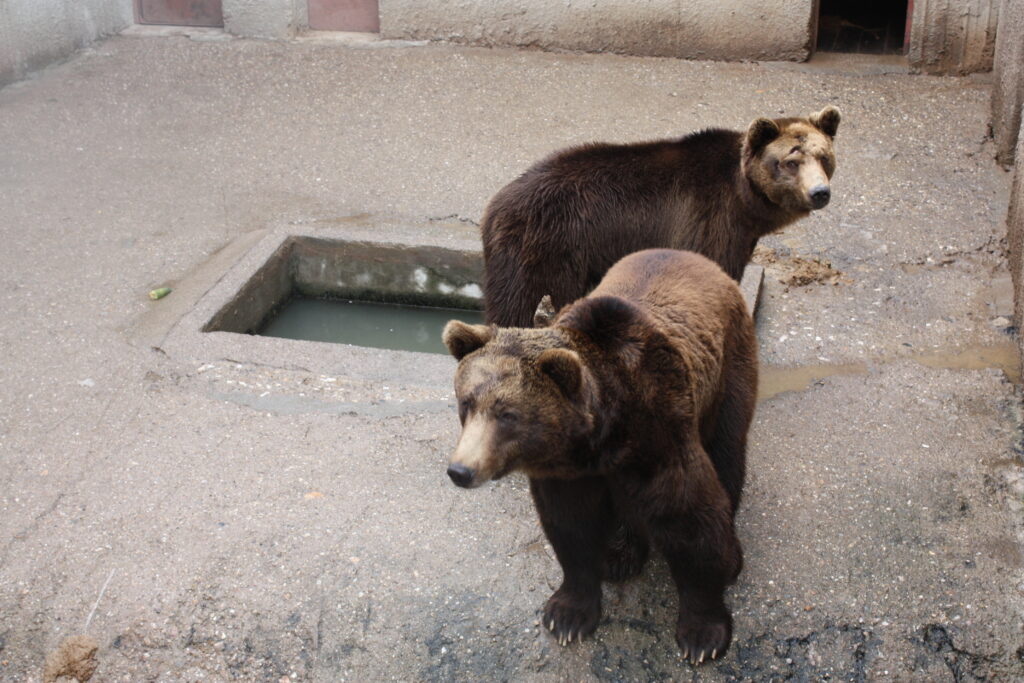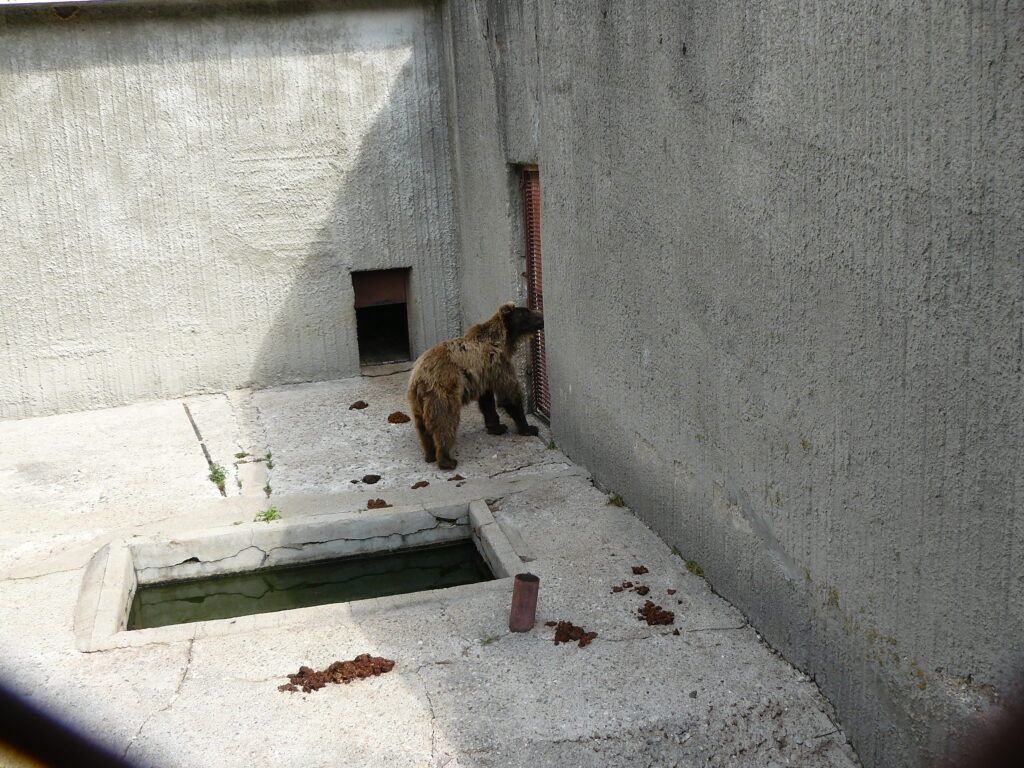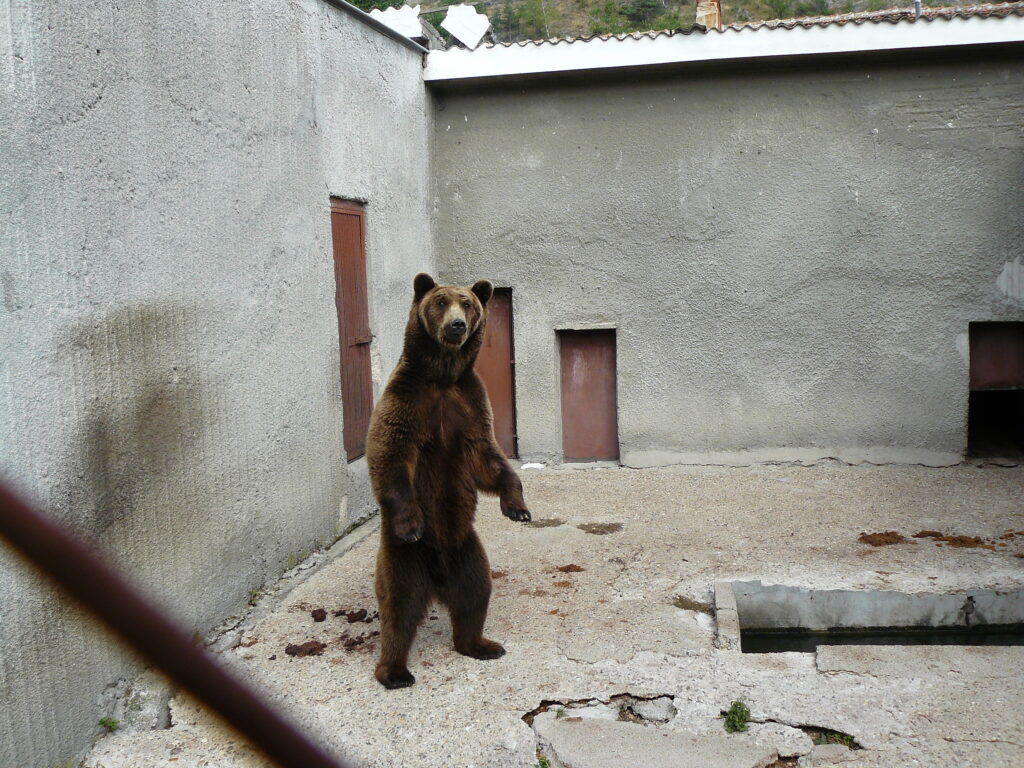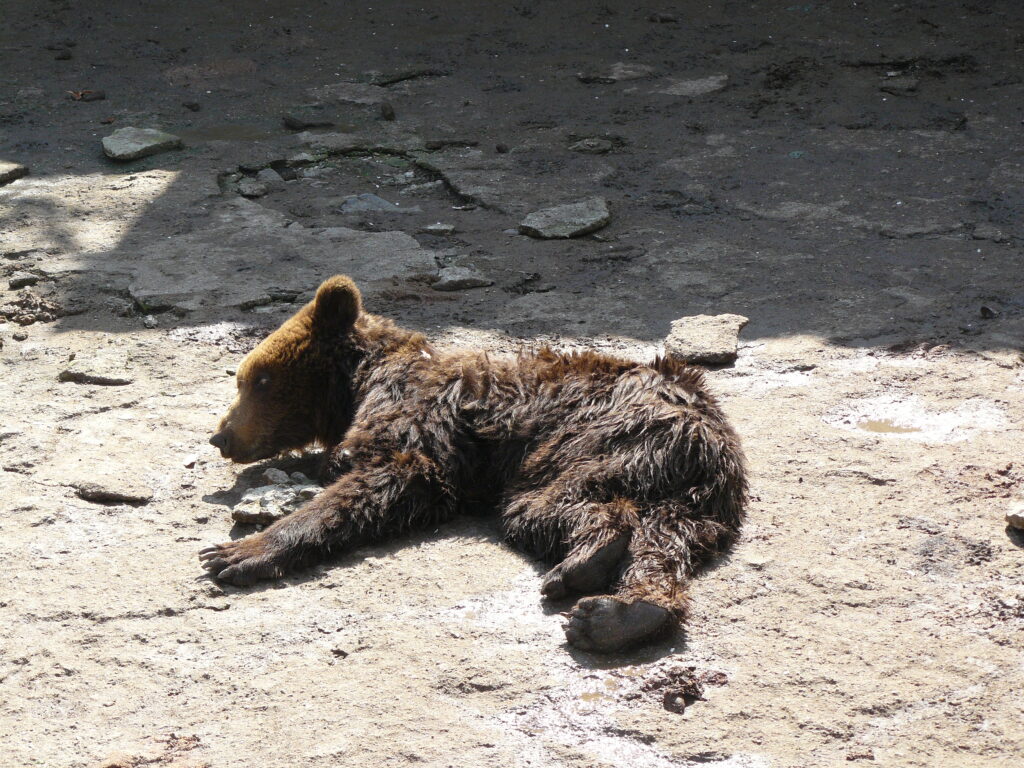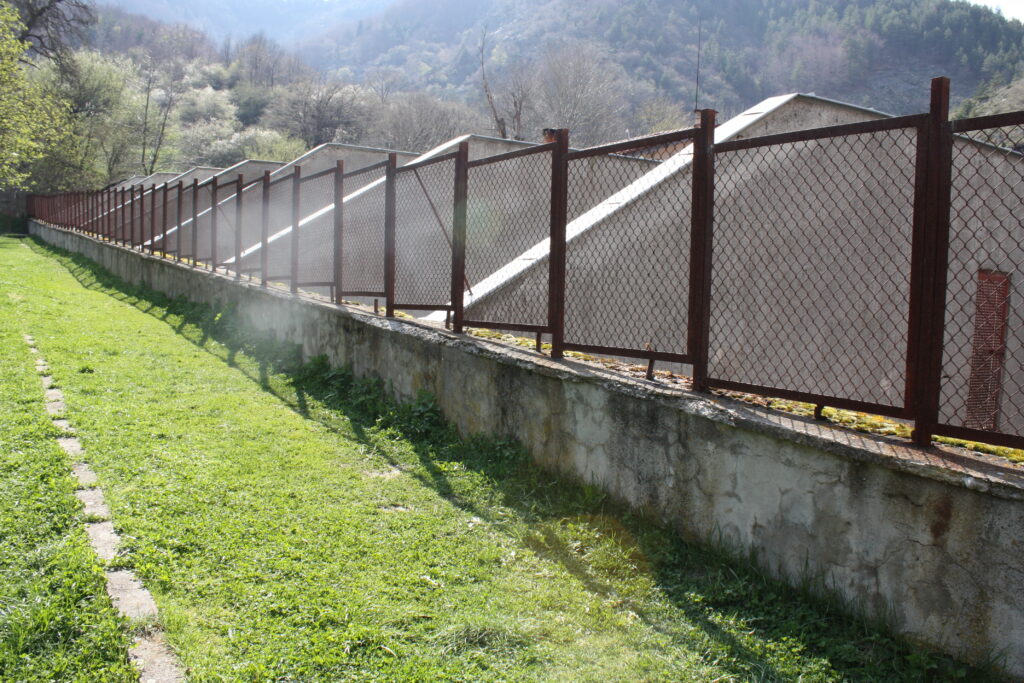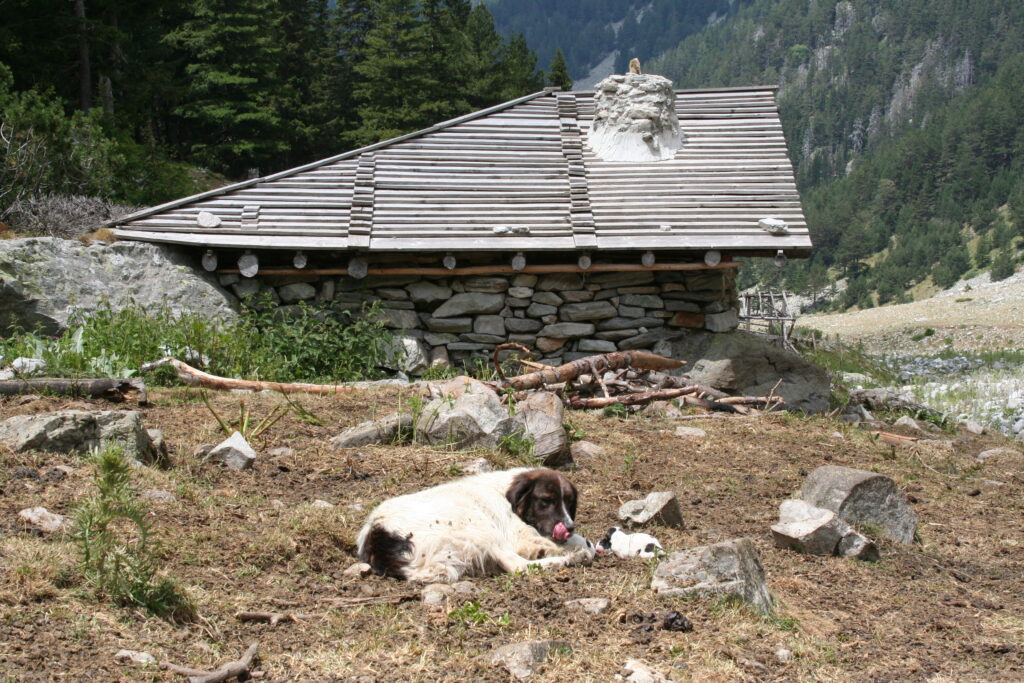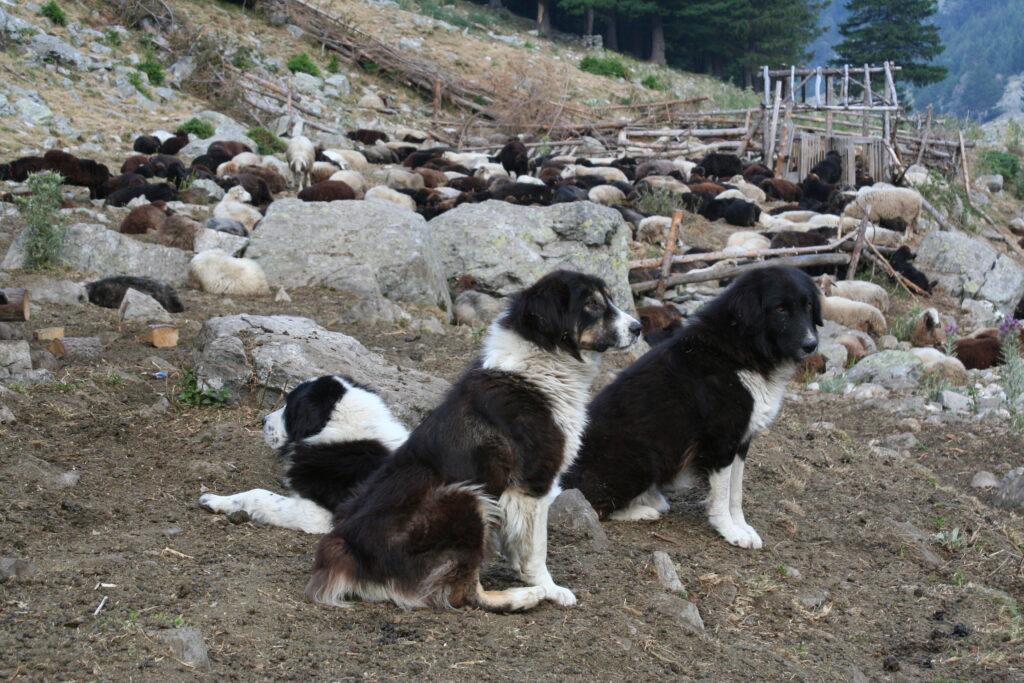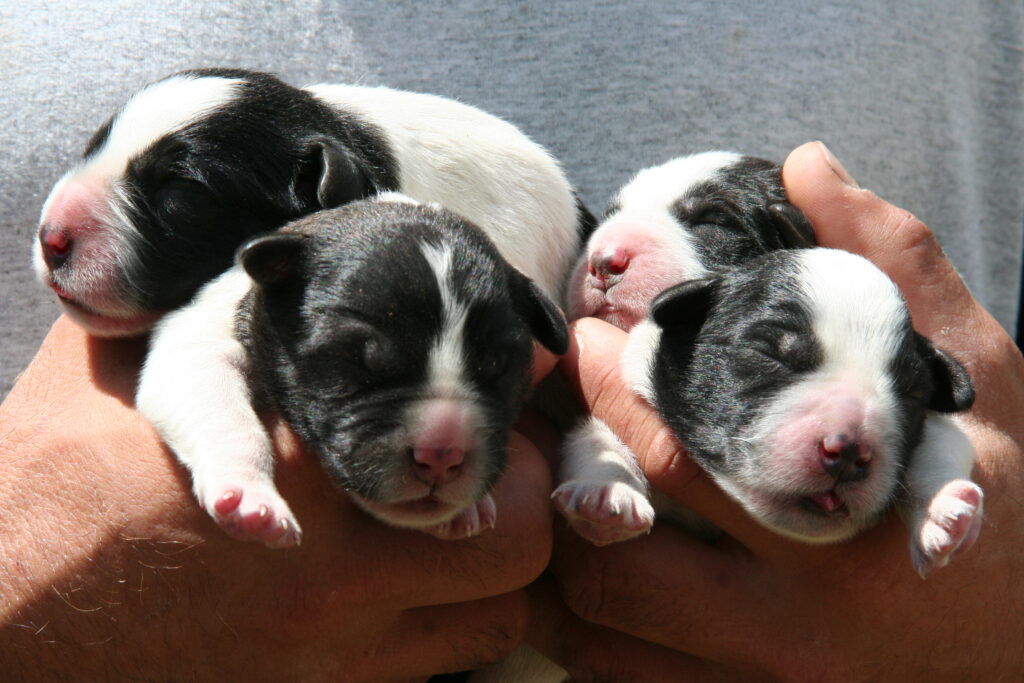Phase 1. East Balkan Bear Project (2017-2023)
The East Balkan distribution of brown bears comprises two largely connected population demes: a bear population across the Stara Planina Mountains in the north of Bulgaria and the Rilo-Rhodopean bear population, which spans Bulgaria and Greece. The project carried out by Balkani Wildlife Society set out to estimate the size of the East Balkan population for the first time as a whole, using noninvasive genetics with Spatially Explicit Capture-Recapture modelling and to determine its connectivity with the Dinaric population. Knowledge of precise demographic parameters are fundamental to understanding population dynamics, the assessment of threats such as anthropogenic mortality and for designing successful conservation strategies.
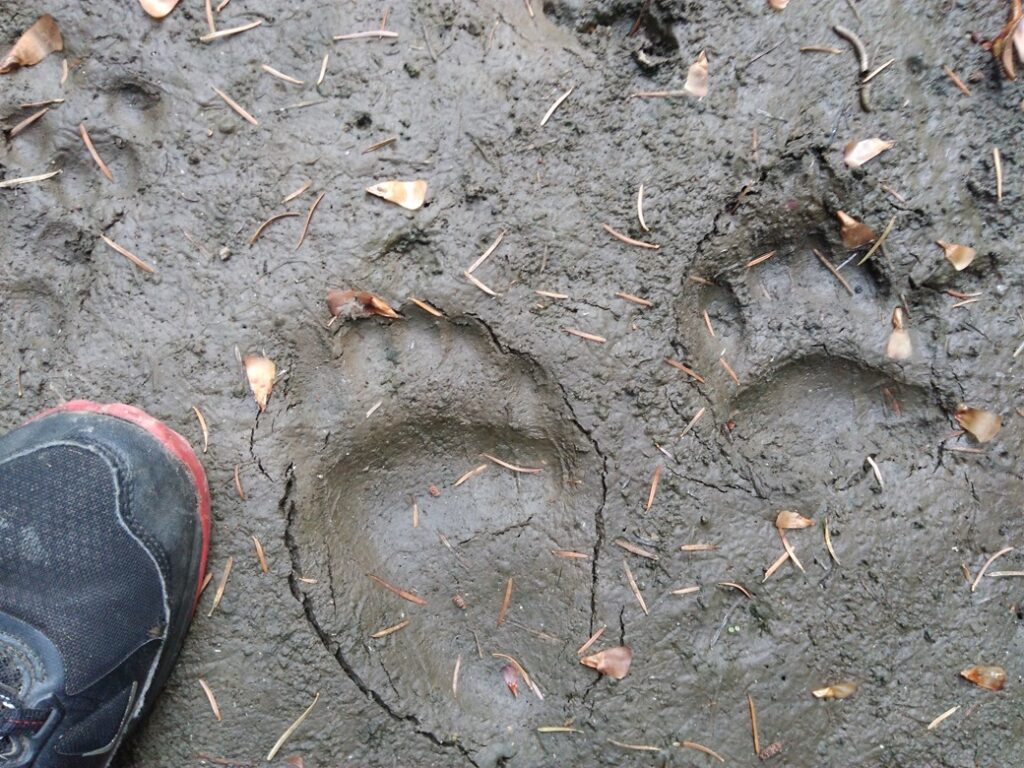
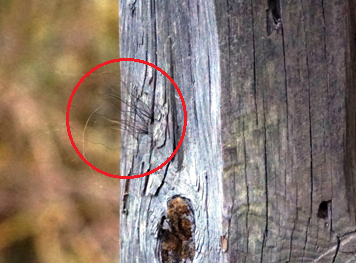
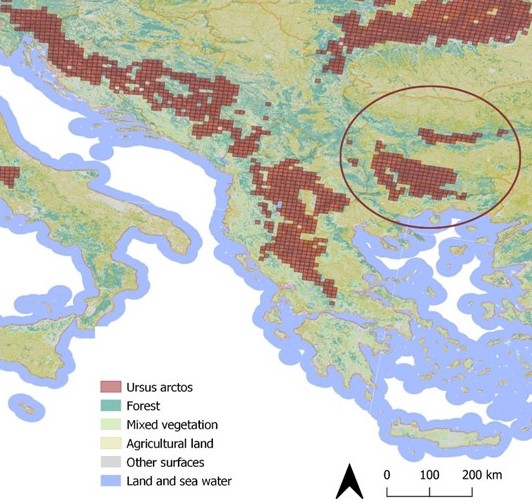
Phase 2. Bears Across Borders (2023-2025)
Bears Across Borders is a transboundary project that aims to investigate with the use of noninvasive genetics, the functional connectivity and geneflow of bear populations across a biologically meaningful scale in the Balkan Peninsula. This research-for-conservation project has come together as the natural continuation of the previous phase of the project. The main objective is to map how bear populations interact and maintain genetic exchange, and inform strategies to protect the habitats that are important for the conservation of bears. A parallel aim is to foster harmonized monitoring across the range of the species in the Balkan Peninsula. Bears Across Borders is a partnership between Balkani Wildlife Society with researchers and foresters from Bulgaria, Greece, Albania, N. Macedonia, Montenegro, Serbia and the UK and supported by Bears in Mind with seed funding.

Credits graphics used: Joshua tree icons created by Pixel perfect – Flaticon, Probability icons created by Andrean Prabowo – Flaticon, Rocky mountains icons created by sonnycandra – Flaticon, Bear icons created by Freepik – Flaticon


